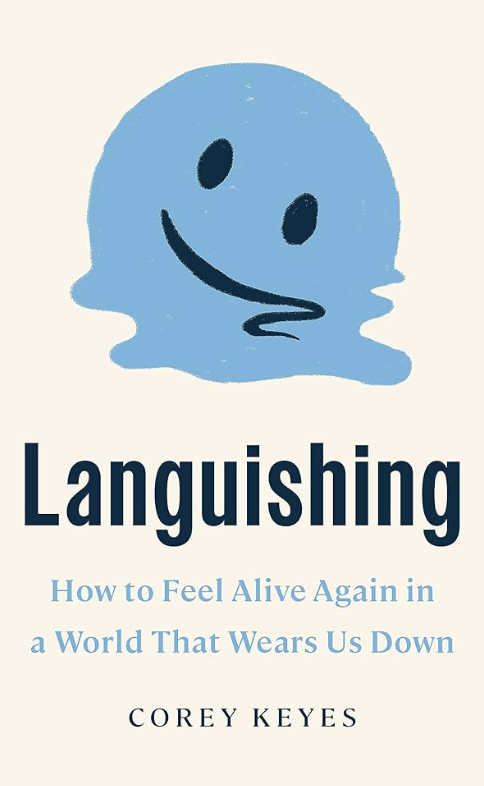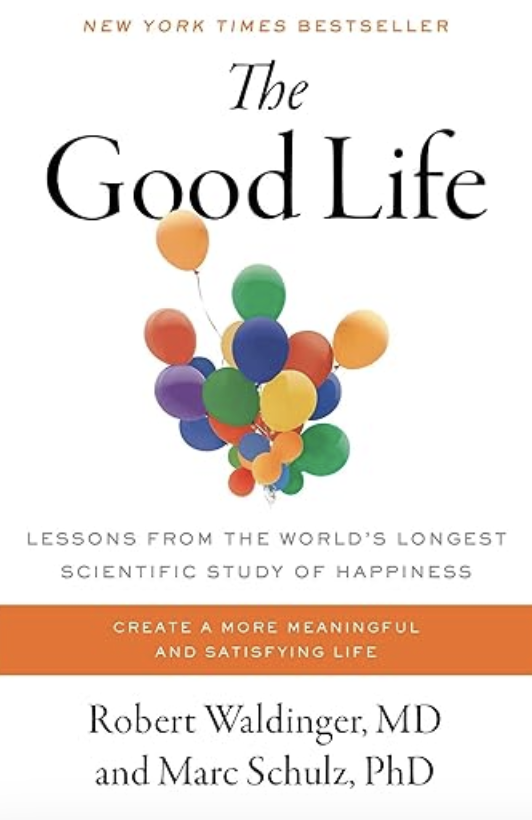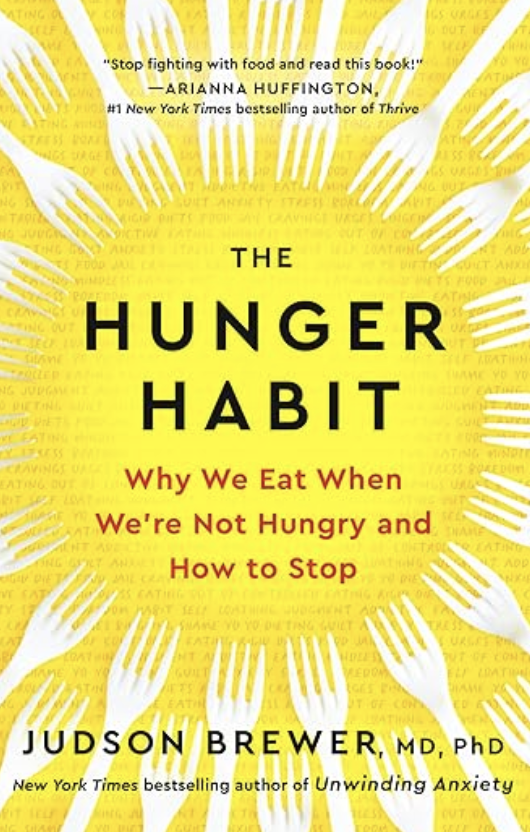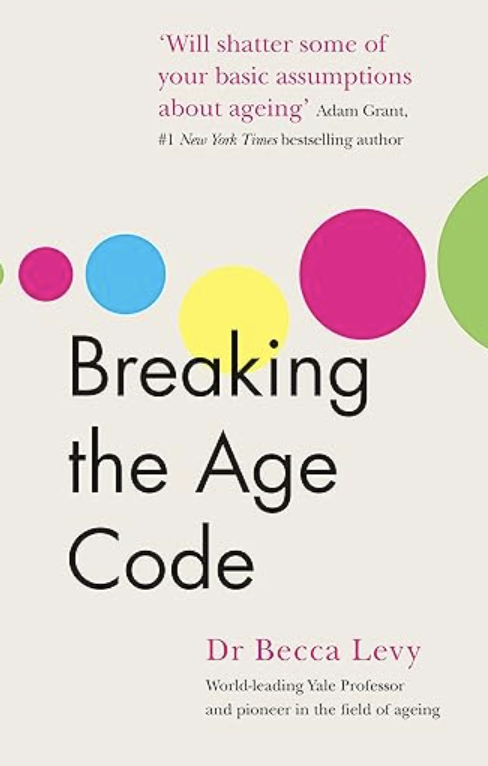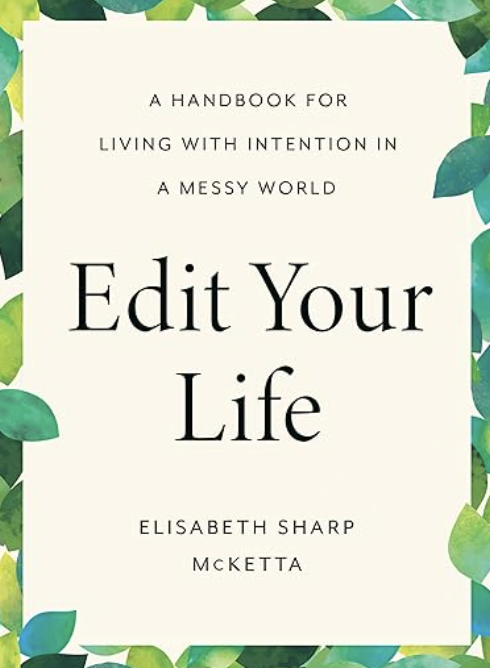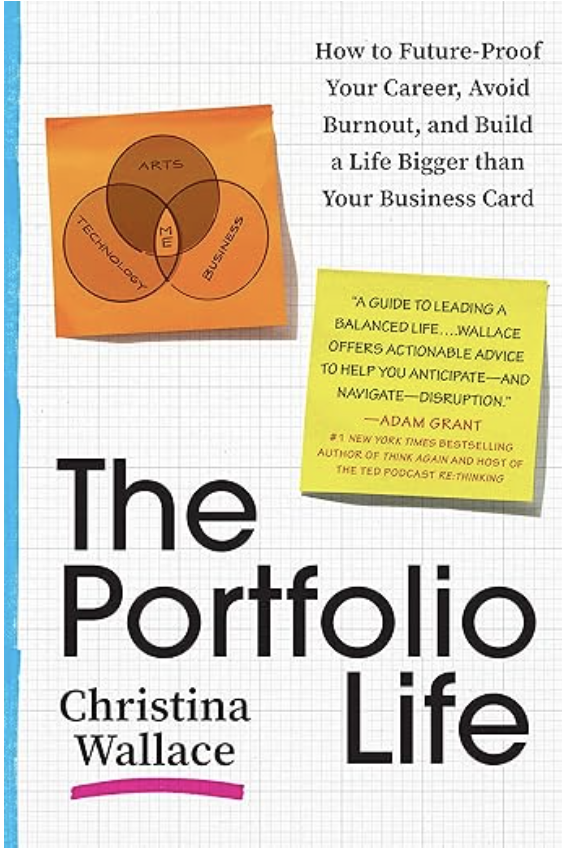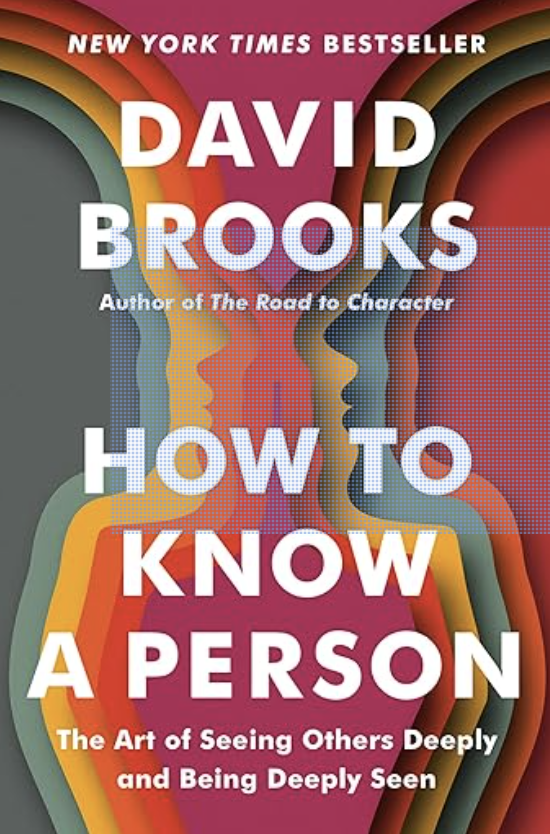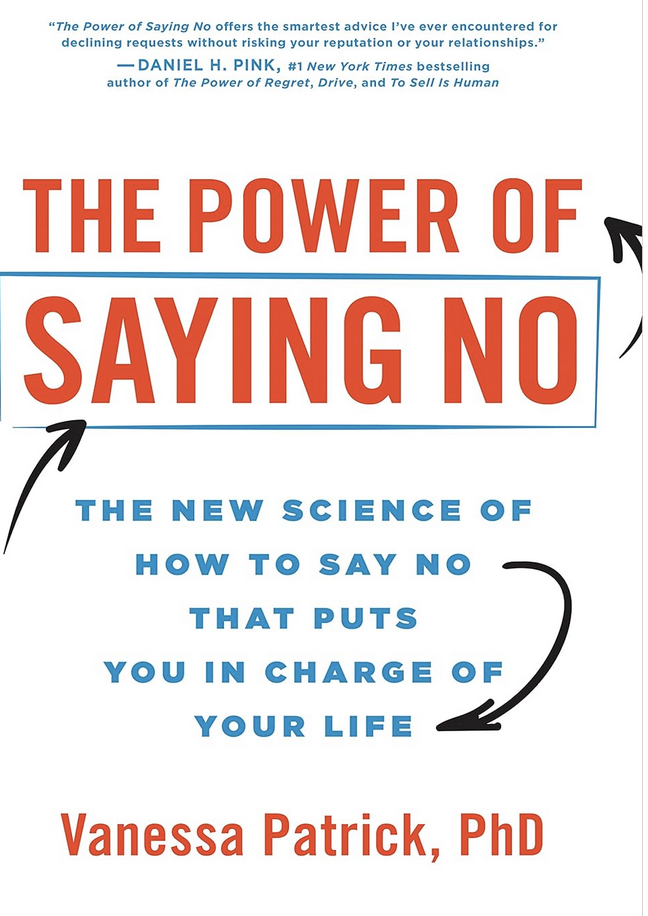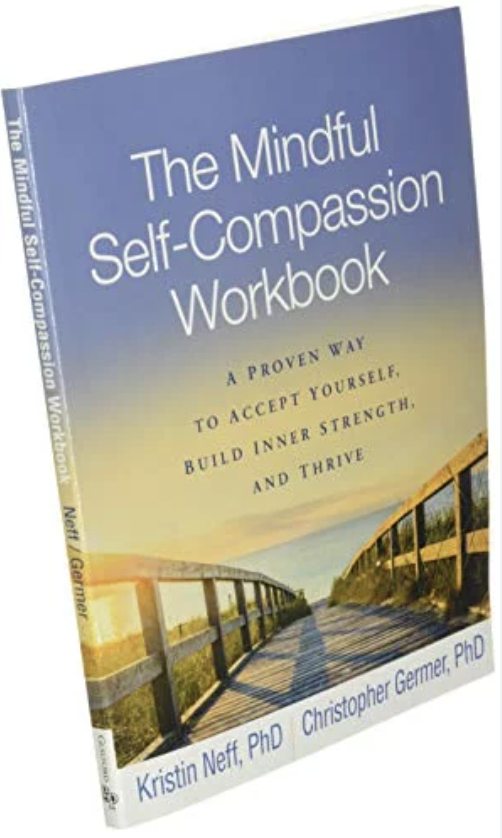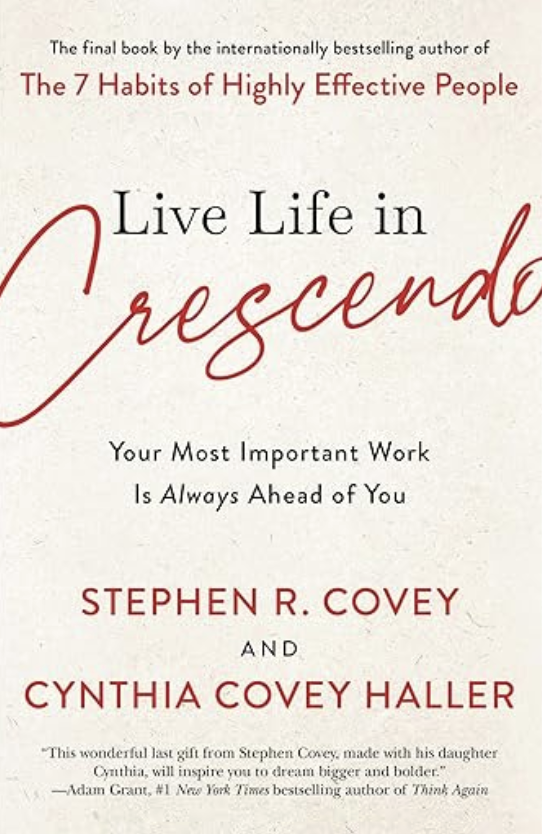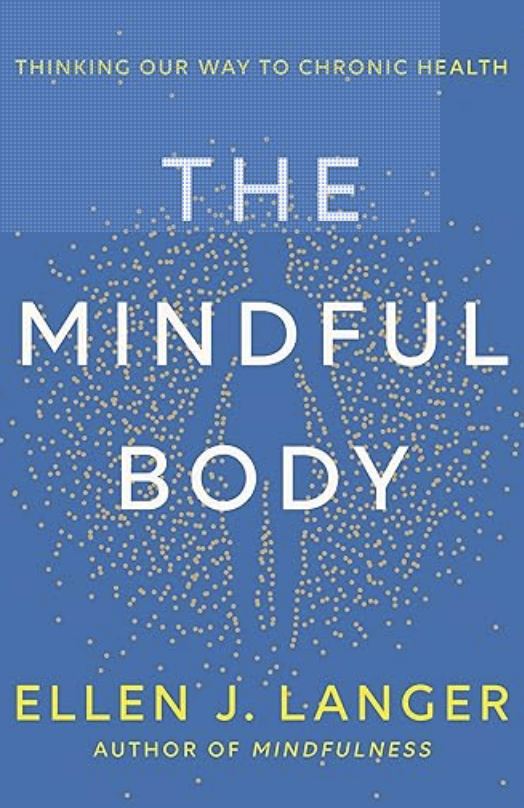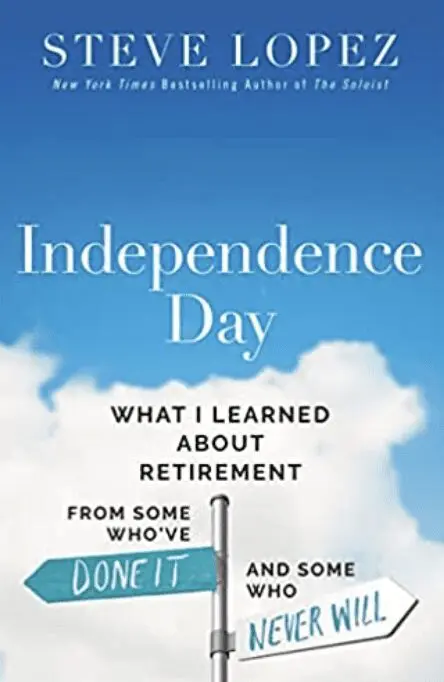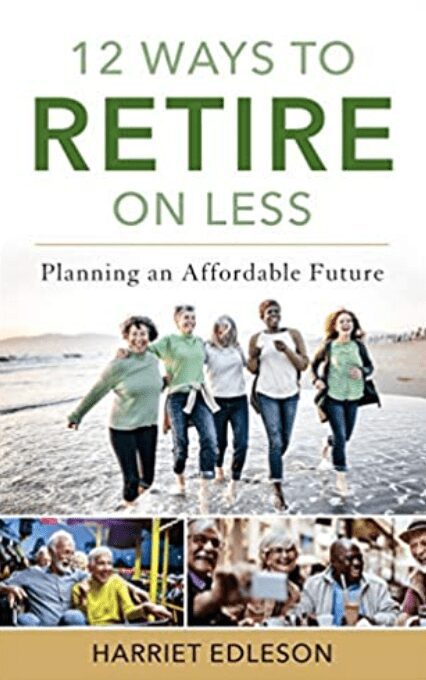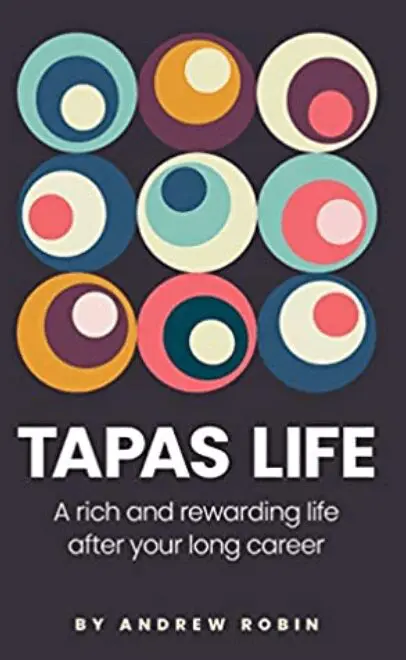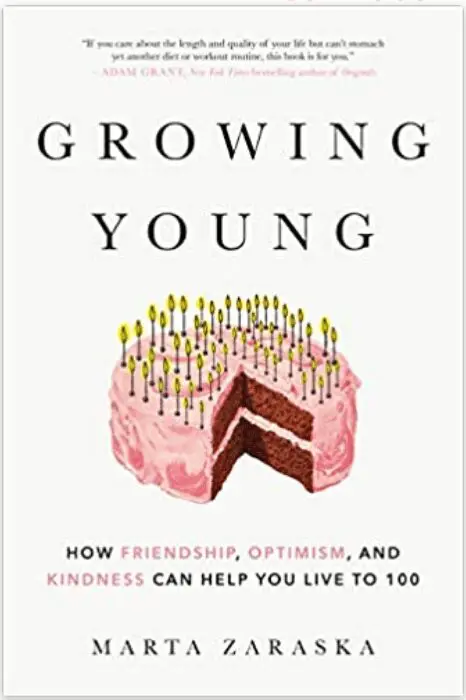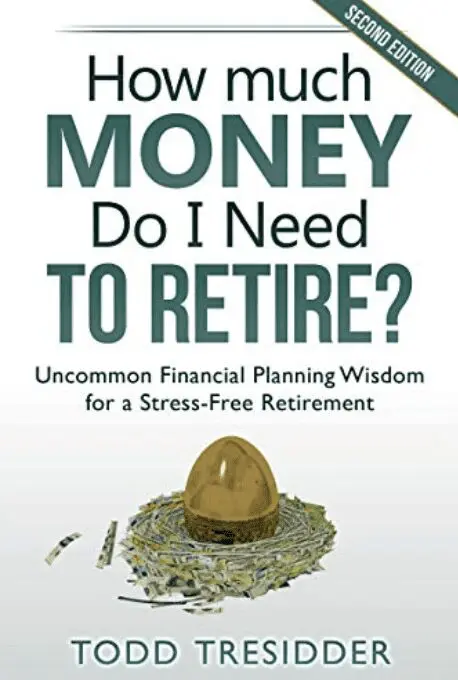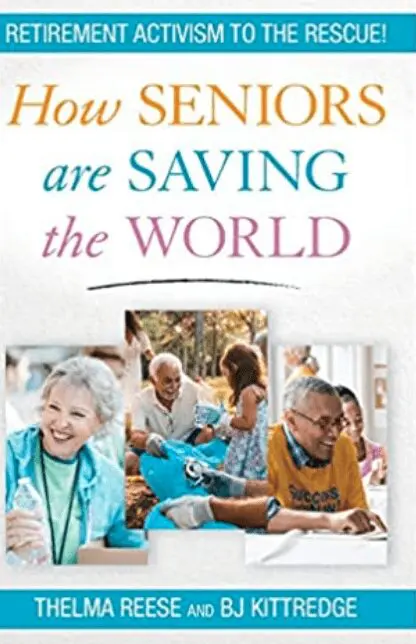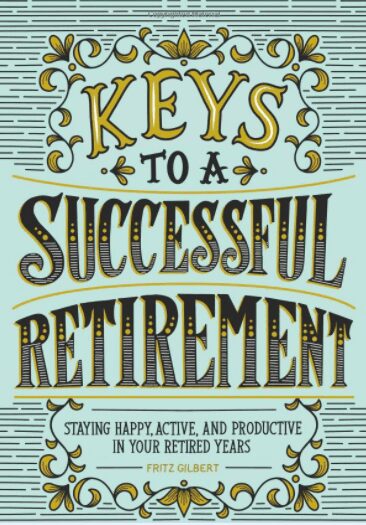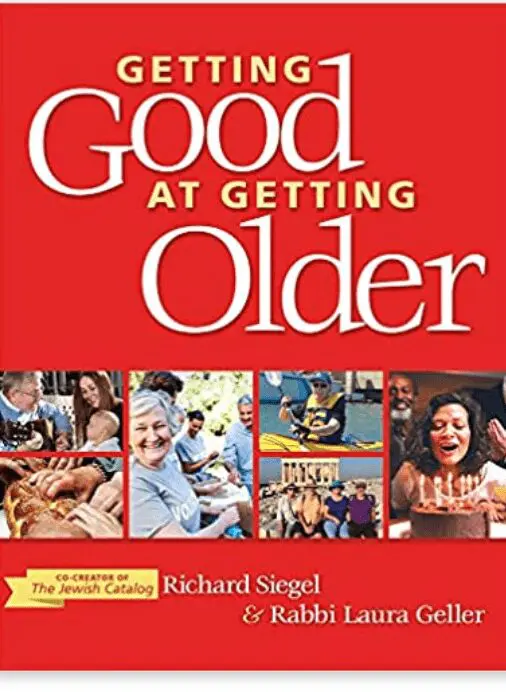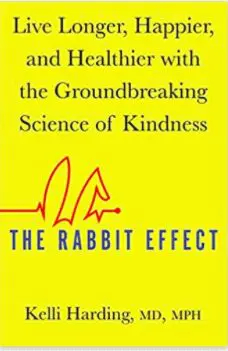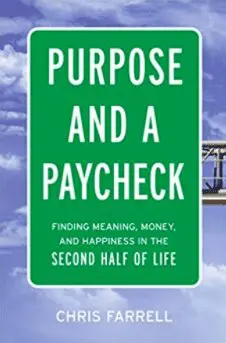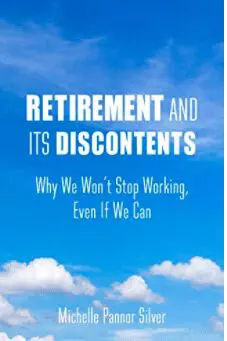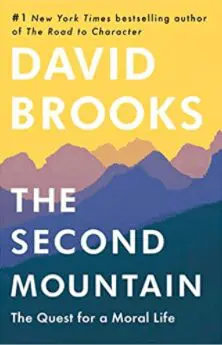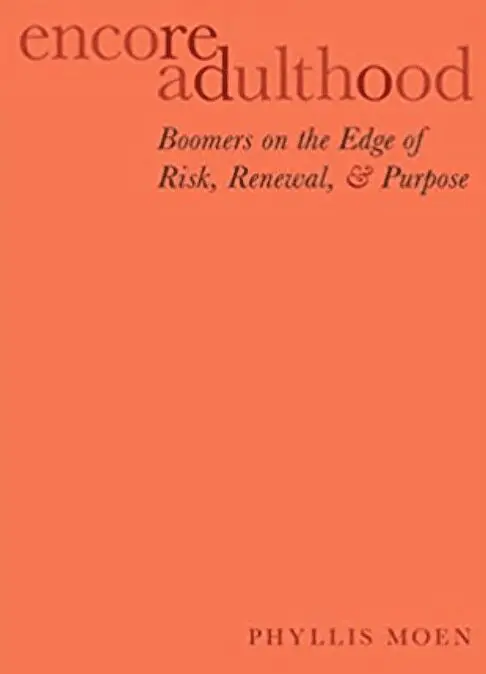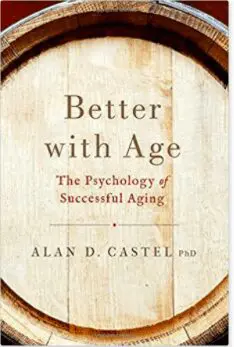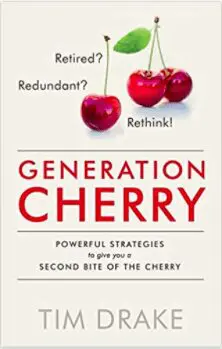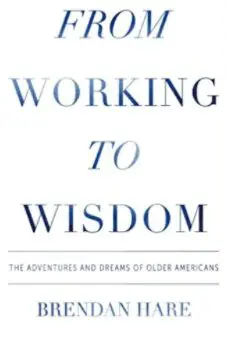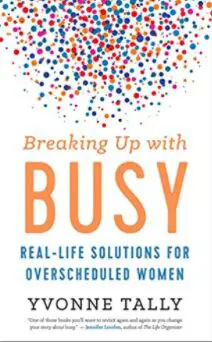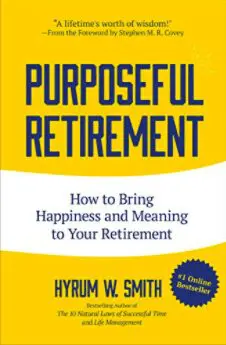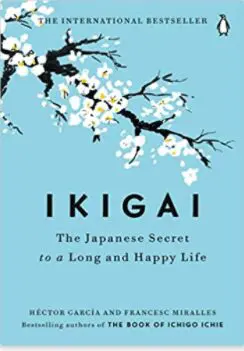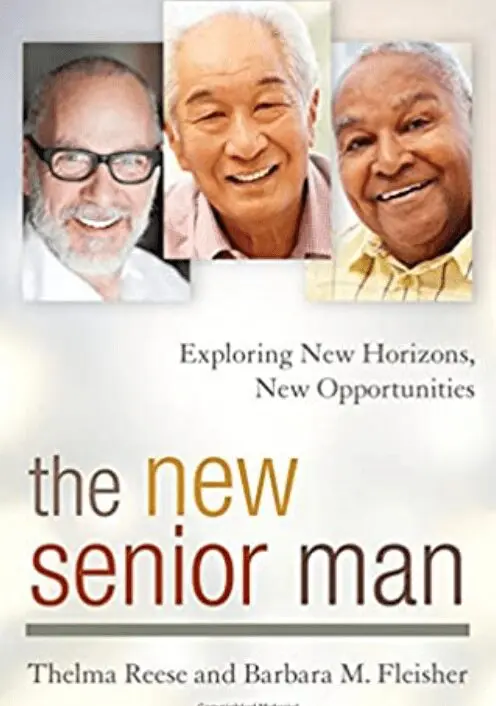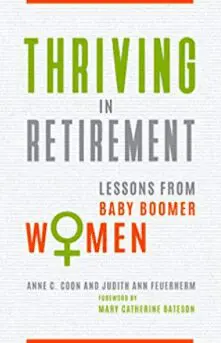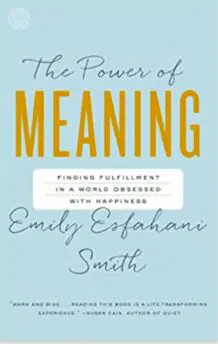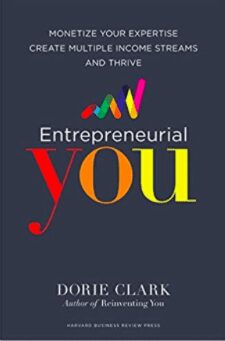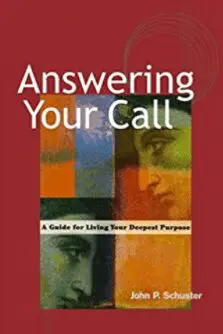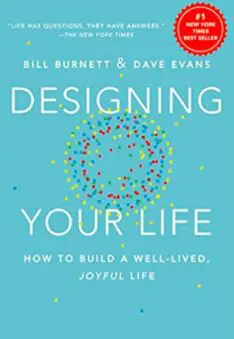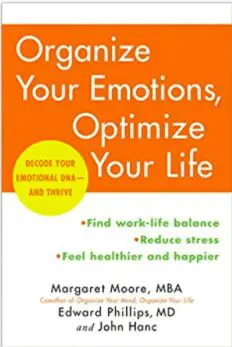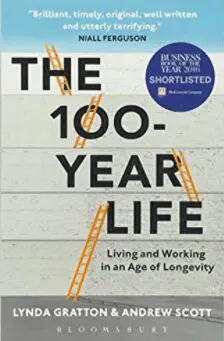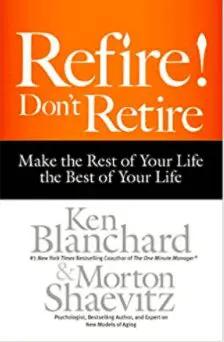by Tim Drake (2017 – RedDoor Publishing)
Book Review by Joe Casey
You may be checking your 401(k) and IRA regularly these days, but how about your mindset? It’s a very important asset if you’re facing a big transition or a midlife career change.
In Short
Tim Drake’s book is about cultivating the proper mindset, resilience, and creativity to create a ‘second bite of the cherry’ in midlife and beyond. It’s not a theoretical piece. It’s based on his personal experiences. After having built a successful business, being forced to sell it during a recession at 50 in the 1990s, he needed to create new opportunities for himself.
Unfortunately, many Baby Boomers today are forced away from traditional employment and shift toward alternative working lives. Drake notes the difficulties and challenges involved, but he highlights a long list of positives that this generation has over previous ones. It’s also clear how easy it is to take many of the advantages we have for granted. However, his book is not Pollyannish – he espouses a sense of realistic optimism (as well as good humor throughout).
Takeaways
- Transitions Can Be Blessings (Eventually) Transitions can be tough. No doubt. But Drake stresses how they can be a catalyst for rethinking and redesigning key aspects of our life and work. After all, think of the major life transitions you made between birth and age 30? What if you had stopped at one. When you’re in the midst of a transition it can be difficult to see the positives. For example, he notes that because our generation is living in a time of unprecedented abundance, when we’re in a transition it can be easy to overlook some valuable advantages. He cites social capital as an important part of wealth, reminding us that our connections and relationships need nurturing. A transition period offers an opportunity to do that, especially if we’ve neglected them.
- Your Mindset is Critical The book outlines a useful framework for developing a strong mindset in your next chapters. Drake’s model consists of four elements: How You Earn; How You Learn; How You Give and How You Re-Charge. The components are interesting and provide an opportunity to check where you are now and build a roadmap toward where you want to be on each. The author calls out the common excuses for each one that you’ll want to sidestep. He also covers Carol Dweck’s Growth Mindset and how your mindset impacts your brain.
- Are You Cut Out for Alternative Work? Drake encourages people in their 50’s, 60’s and beyond to consider alternative work options such as entrepreneurship (without touching retirement savings) and the gig economy. But he asks a series of questions to consider if that’s a viable option for you. He draws a sharp contrast between what’s required in traditional employment (compliance) versus entrepreneurship (creativity & pioneering) that’s worth pondering.
- Could You Be a Slasher? Drake shares his observation that while many Baby Boomers closely identify with a singular profession (“I’m an Accountant”) many younger people see themselves and explain who they are quite differently (I’m a Writer/Graphic Designer/Social Media Advisor/Business Owner/Parent). We’re often much, much more than our jobs and he recommends exploring these multiple sides as a pathway toward alternative work.
Kickstarter
Mindset matters – and it’s in your control. Are you minding yours? Drake’s book offers a few ways to audit your mindset (You might be surprised – I was…) and ways to strengthen it. It’s one of the wisest non-financial investments you can make for your retirement.
Are you minding your mindset about retirement? Share on XIf you’re in – or anticipating – a transition this book is a very helpful resource.
Read this book?











